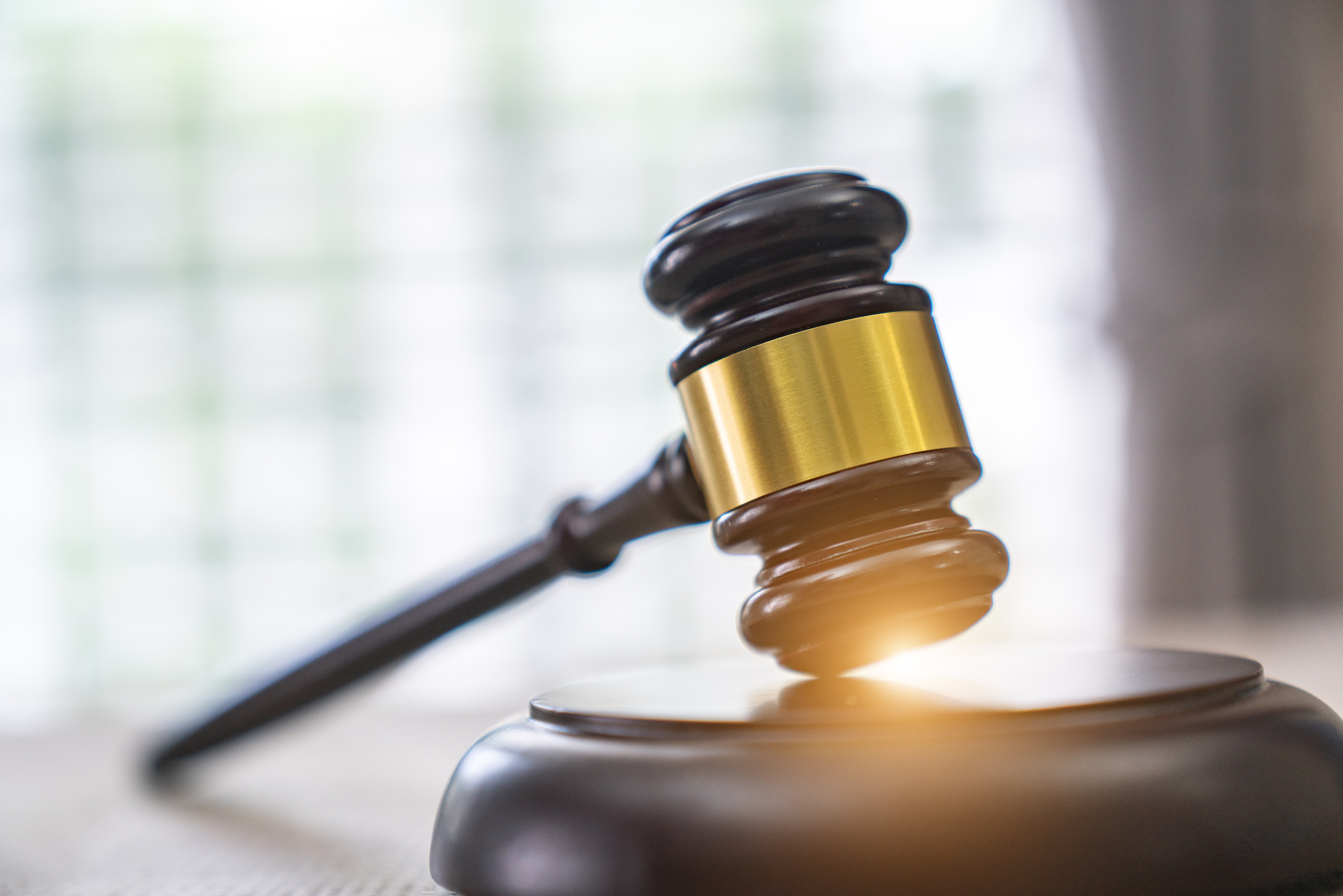Friday is Deadline for Appealing Decision Upholding Net Dereg

The smarter way to stay on top of broadcasting and cable industry. Sign up below
You are now subscribed
Your newsletter sign-up was successful
Friday (Dec. 13) is the deadline for Mozilla and others to appeal the net neutrality decision upholding the FCC's reclassification of internet access as an information service and elimination of the rules against blocking, throttling and paid prioritization.
In a victory for ISPs, on Oct. 1, a three-judge panel of the U.S. Court of Appeals for the D.C. Circuit unanimously upheld most of the Republican-led FCC's deregulation of internet access in the 2017 Restoring Internet Freedom (RIF) order.
Friday at midnight is the deadline for appealing that three-judge panel decision to the full court.
Mozilla had taken the lead in challenging the RIF order in that court.
In that October decision, the court said that the FCC was reasonable in reclassifying internet access as a Title I service rather than a Title II common carrier service, as the previous FCC had classified it. "Regulation of broadband Internet has been the subject of protracted litigation, with broadband providers subjected to and then released from common carrier regulation over the previous decade," said the court. "We decline to yet again flick the on-off switch of common-carrier regulation under these circumstances."
The judges pointed to precedent from the Supreme Court's Brand X case, which held that internet access could be classified under Title I, and deference to the FCC's subject matter expertise (so-called Chevron deference) in ruling that the FCC's order should not be vacated as arbitrary and capricious.
Each petitioner in the case is free to file its own rehearing petition, but they will likely team up on multiple shots. The petitioners were grouped during the case into governmental (state challenges) and nongovernmental. It is likely some of those might file separately because they have different interests--preemption in the case of states, for example.
The smarter way to stay on top of broadcasting and cable industry. Sign up below
Another reason that there will more likely be several grouped petitions than a single appeal is that the petitions should track with the issues they advocated for, since the court frowns on bringing up new arguments on appeal. In addition, there are word limits and everyone might not get enough ink (or electrons) if they were one or only a couple, of petitions.
If the full court does not take that appeal, the next stop is the Supreme Court.
Contributing editor John Eggerton has been an editor and/or writer on media regulation, legislation and policy for over four decades, including covering the FCC, FTC, Congress, the major media trade associations, and the federal courts. In addition to Multichannel News and Broadcasting + Cable, his work has appeared in Radio World, TV Technology, TV Fax, This Week in Consumer Electronics, Variety and the Encyclopedia Britannica.

